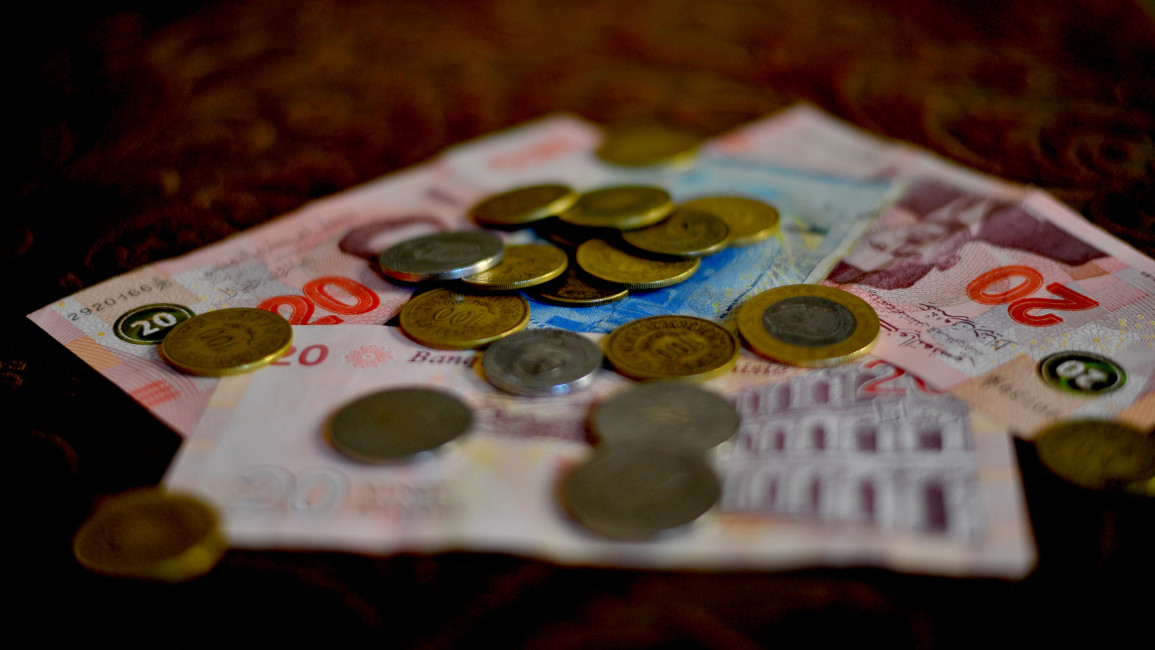Tunisia in talks over new foreign exchange bill following pressure from firms
The Tunisian government began negotiations on Wednesday on a new foreign exchange bill that will reportedly make international business deals easier.
It follows calls by Tunisian firms for easier access to hard currency, more transparency, and less bureaucracy, as the North African country continues to reel from a worsening economic crisis.
The new draft law aims to improve the business exchange climate, simplify procedures, and eradicate barriers faced by Tunisian businesses in dealings abroad.
"Tunisia looks to modernise the exchange system and to gradual liberalisation of financial relations toward a full liberalisation with the outside world," the government said in a statement.
Currently, investors are obliged to obtain approval from the country's central bank to access hard currency in order to finance business operations overseas. They must also acquire credit letters to import foreign goods.
According to reports, the Tunisian Central Bank authorises approvals on a case-by-case basis - a process that's been described by firms as vague, arduous, and involving large quantities of paperwork.
Central Bank Governor Marouan Abassi stated last month that the new bill should render the currency system more flexible, but declined to give further details.
Since 2011, the bank has limited access to hard currency in a bid to prevent the Tunisian dinar from decreasing in value. The Tunisian economy, which is reliant to a large degree on tourism, was badly hit by the Covid-19 outbreak and has not recovered.
The crisis has been worsened as a result of the fallout from Russia's invasion of Ukraine and political stability caused by President Kais Saied's 2021 power grab, with high levels of unemployment, rising inflation, and increasing fuel and food prices,
Banks in the North African country do not issue credit cards for Tunisians who work abroad, while foreigners in Tunisia face constraints in making bank transfers overseas.
In 2021, the Central Bank said it could encounter a lack of currency reserves due to the significant reduction of money coming in from overseas, reported Arabi21.
As of December, the International Monetary Fund (IMF) reached an agreement with the country for a $1.9 billion loan in exchange for a number of unpopular austerity measures, including cutting food and energy subsidies, as well as overhauling public sector companies.
A final deal is expected to be reached in early 2023, while Tunisia continues to sustain a debt amounting to more than 80 percent of its GDP.
Agencies contributed to this report.



